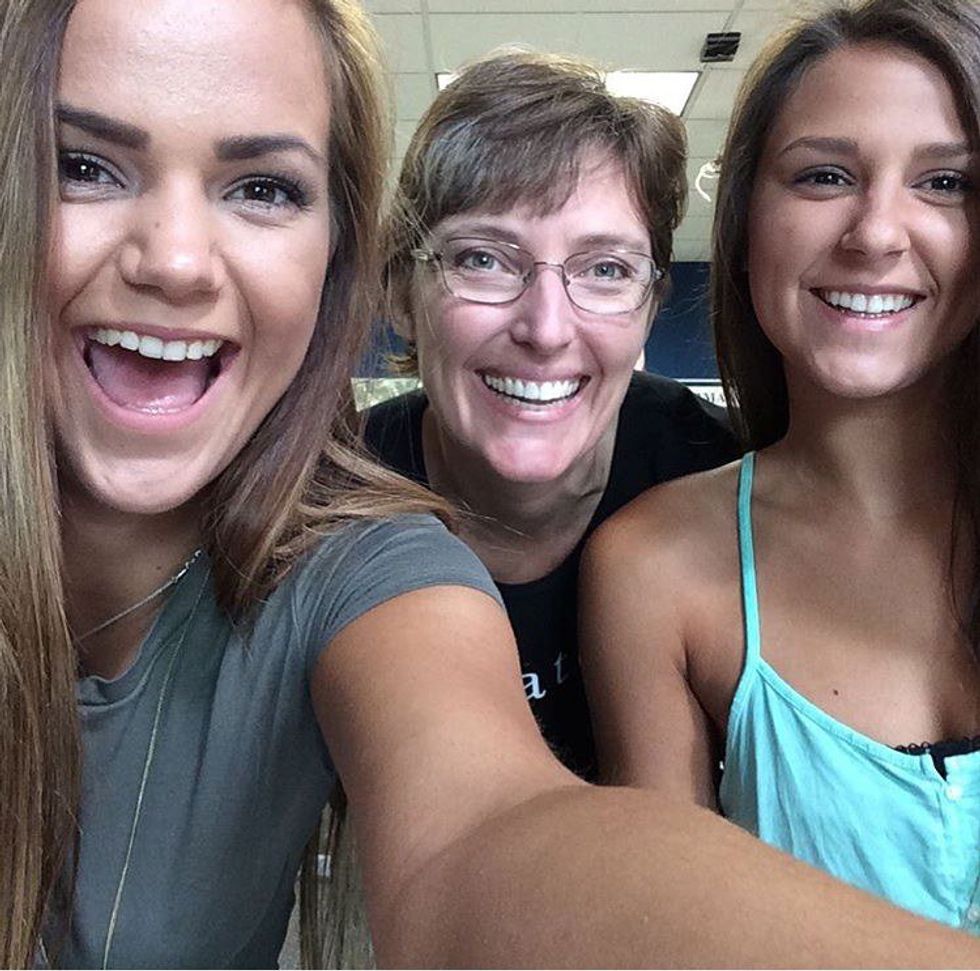Being a teacher is hard. I only know that because I’ve been part of the havoc in a classroom that I’m sure makes every teacher question why they chose the tedious profession. Teachers wake up early to be at school before everyone else, put in time after school to grade and make lesson plans, and (what I think is the worst) they teach the same thing year after year. You know what is harder than being a teacher? Being a good one.
I can’t imagine anyone would pay thousands of dollars to get a degree in education so that they can work a job that doesn’t pay well and is very difficult to see the end product of their labor. The teachers I know, become teachers because they believe in the future. They want to change the way education is perceived, educate their students with skills to succeed, instead of teaching to pass a standardized test. Their hopes of changing the education system are placed in the pile of missed opportunities, right next to the college dreams of students who don’t score high enough on tests that show your ability to guess correctly. I would like to shed light on one particular teacher in my high school career, Ms. Heidi Morris. The teacher who, despite the unrealistic standards, took it upon herself to teach me something that could be applied outside of my tiny high school.
During my senior year, I heard nothing but the best things of Ms. Morris. I had no idea that I would walk out of her government class at the end of the year, and be pursuing a major in Global Politics at Arizona State University. That’s how Ms. Morris’ class worked; you walked into her class every day contemplating the inane and walk out feeling like a well-read genius that could partake in a political debate with everyone. What I think made her successful was that she didn’t make us learn about the issues in our world, she made us care.
I don’t even know if you can teach someone compassion, but if anyone can it is Ms. Morris. She taught a class that scrutinizes six vastly different political regimes around the world. Throughout the year, we looked at Nigeria, China, Iran, United Kingdom, Mexico, and Russia. Learning about the good, bad and ugly of the six regimes surprisingly evoked passionate interest. We learned about some good things like the oldest and most original democracy, which originated in the United Kingdom. Ms. Morris discussed the atrocities of Mao’s rule in China and made me want to take advantage of my youth, to stand for what I believe in. I was able to identify with our segment learning about Mexico, and the struggles they still currently are going through. My senior year I traveled to Mexico to do some community service and have a look at their education system. The children were so eager to learn, yet had unfortunate educational resources.
Ms. Morris taught me so much about the world, and somehow at the same time, taught me so much about myself. Learning about women’s place in society throughout other cultures was the most intriguing thing I learned my senior year. I am more than thankful to not have to be a woman who conceals herself and her opinions. Ms. Morris took my interest and made it into a passion. That is what I think makes a good teacher. A good teacher finds a way to personalize criteria, despite our bland education system. Ms. Morris is the reason that I am getting a degree in global politics. She is also the reason that I want to share the importance of youth partaking in politics. I don’t just want to make people know about the issues, I want to make them care.





















